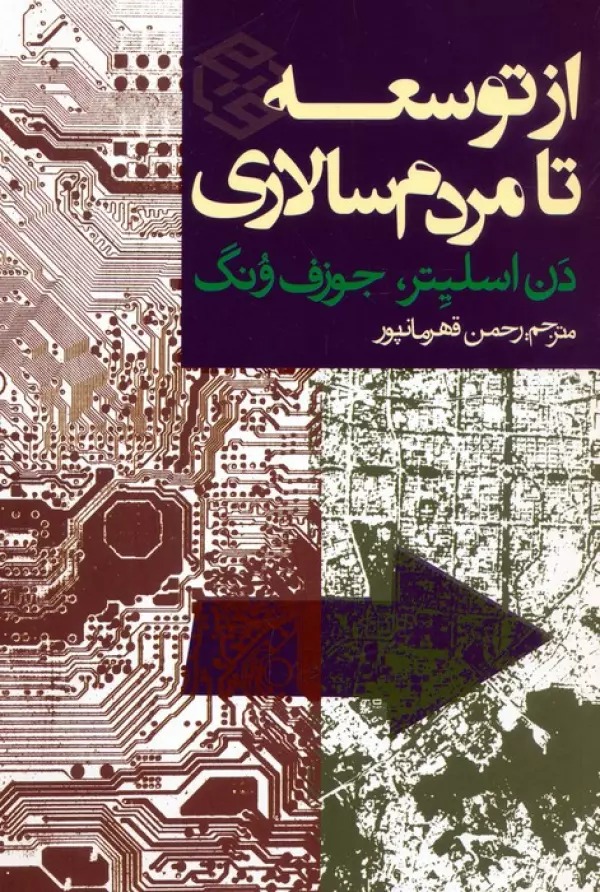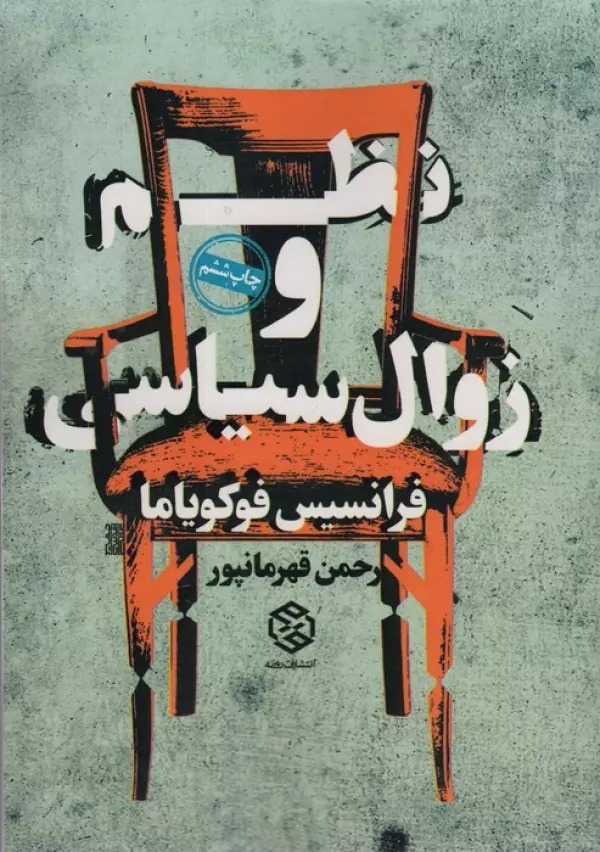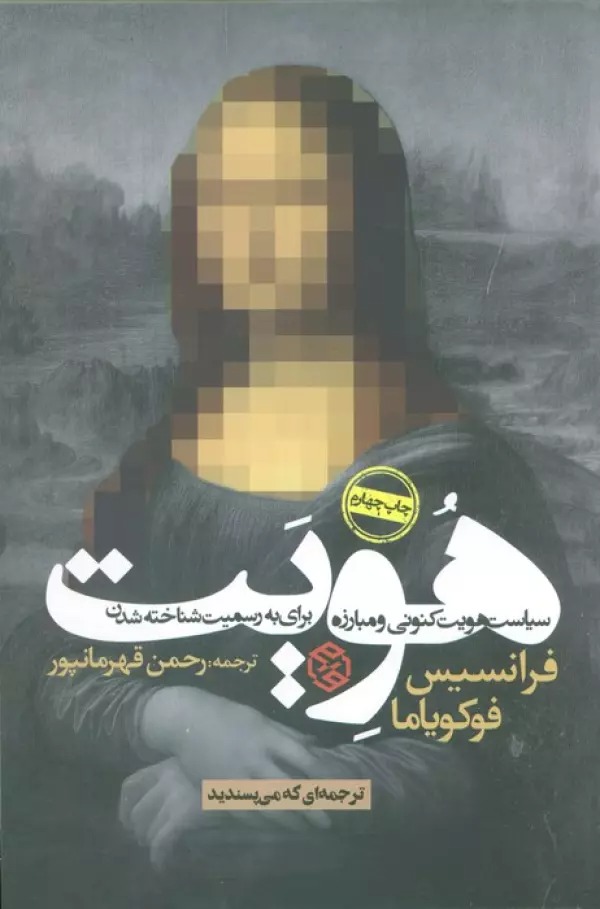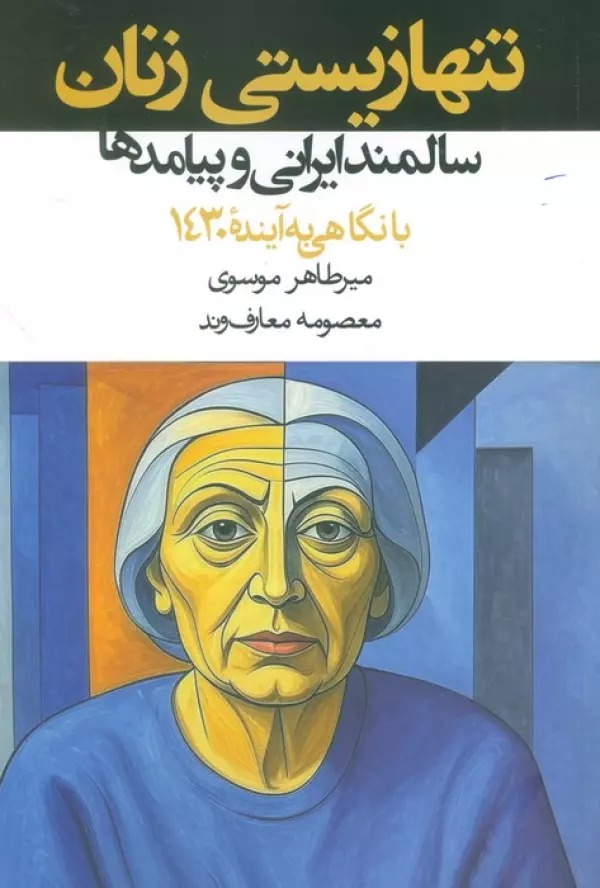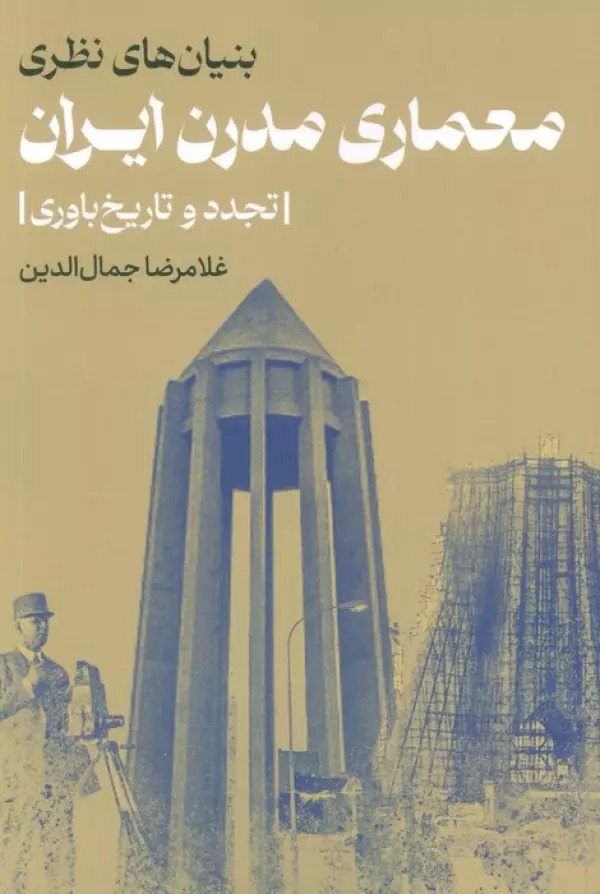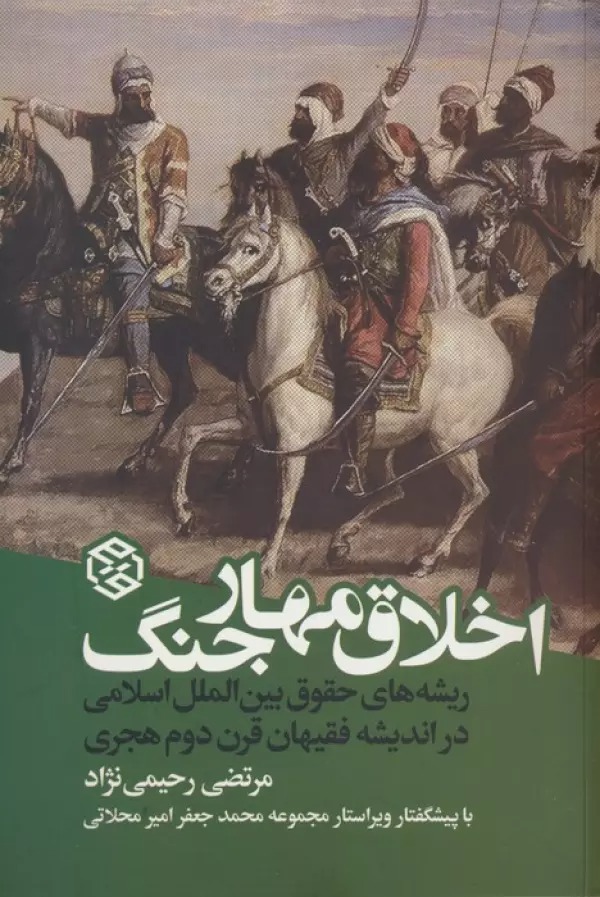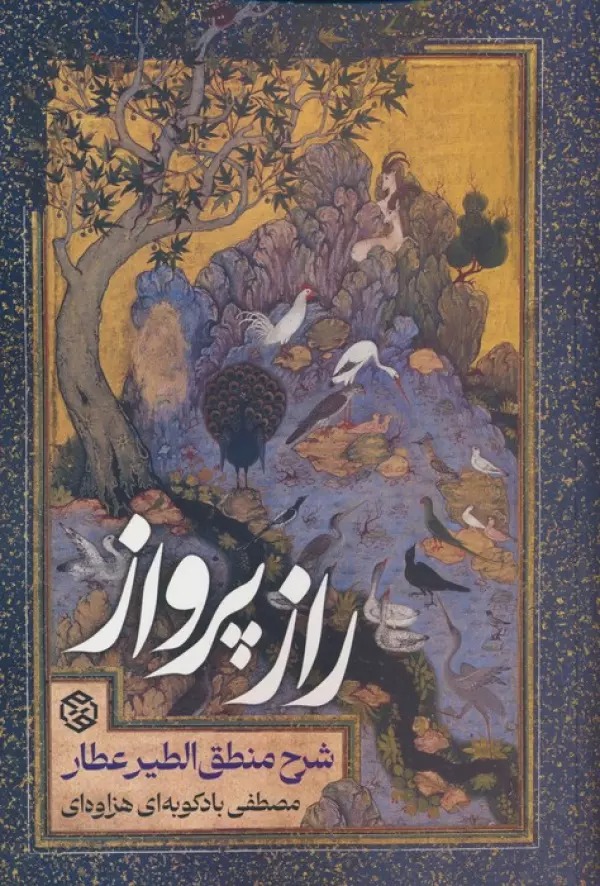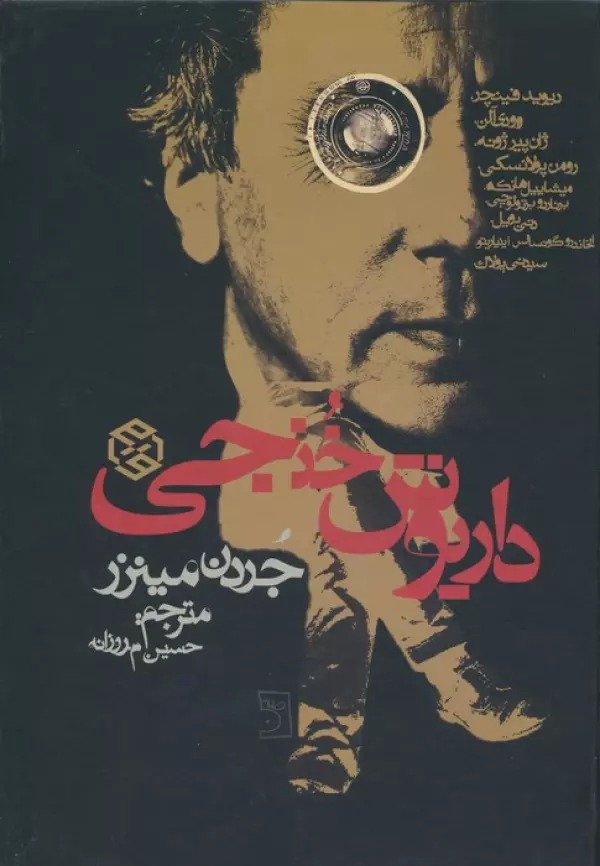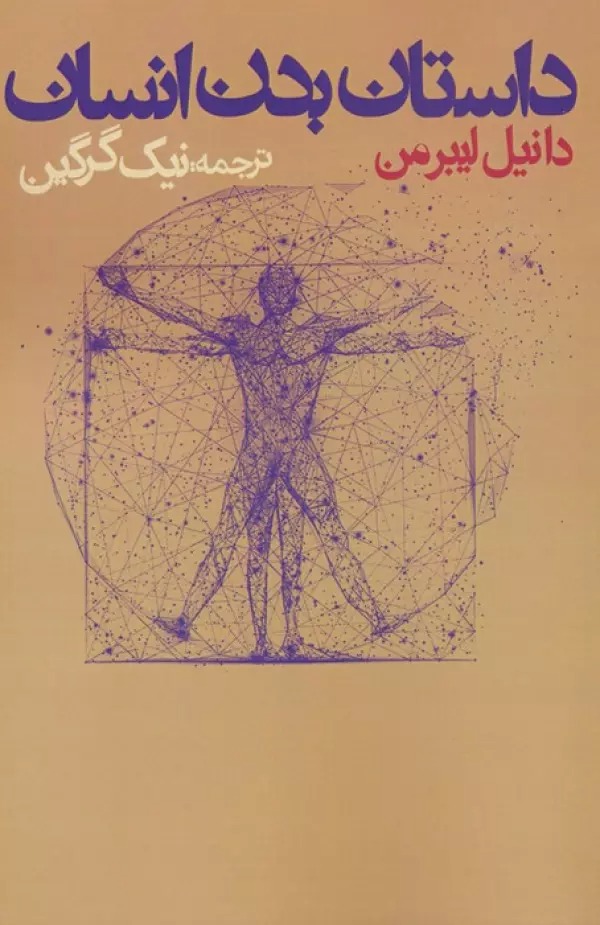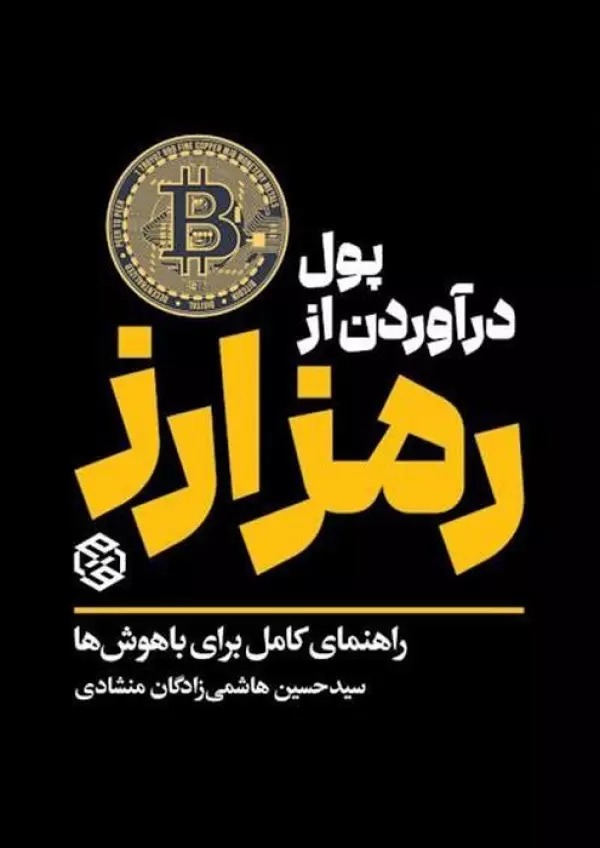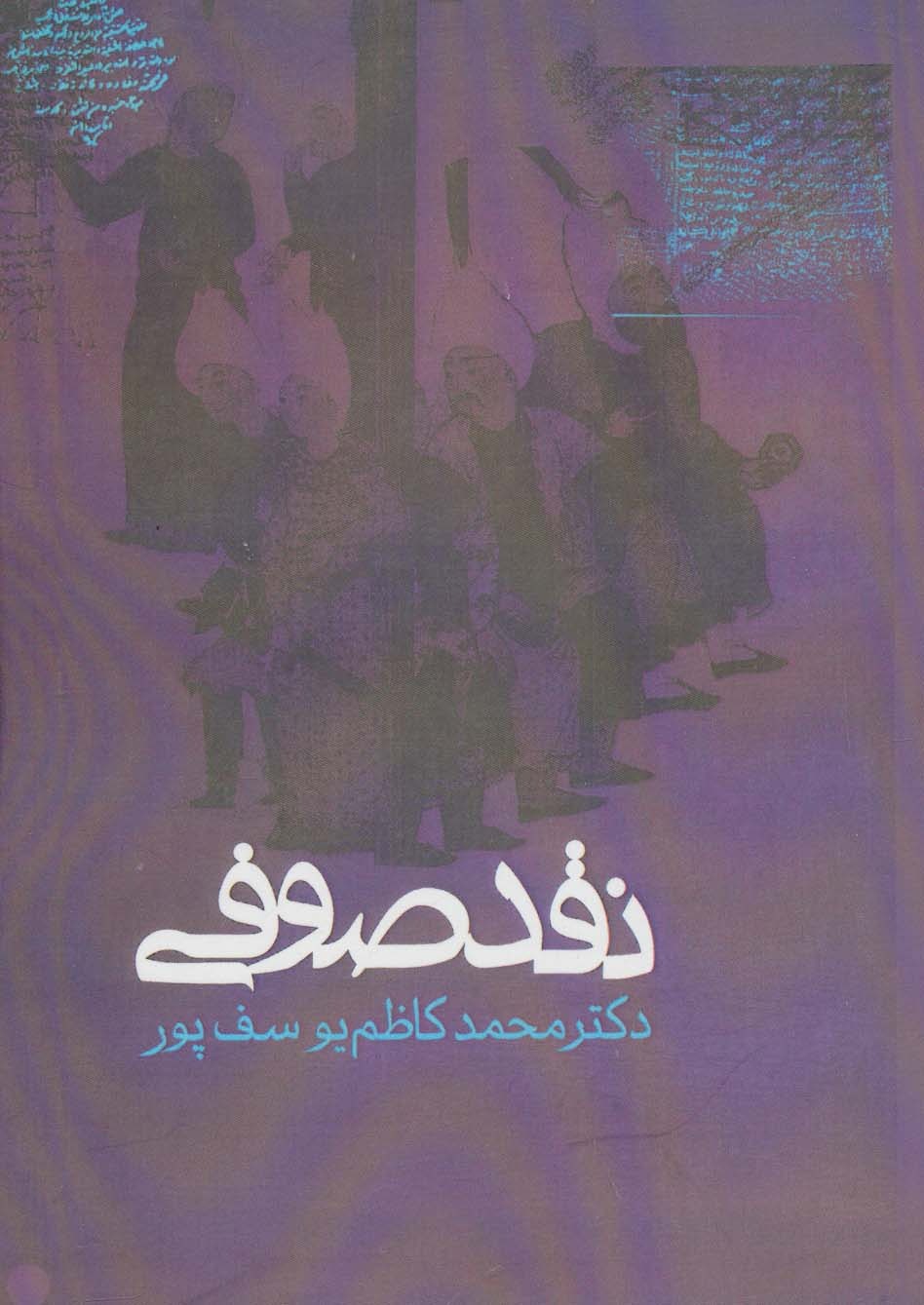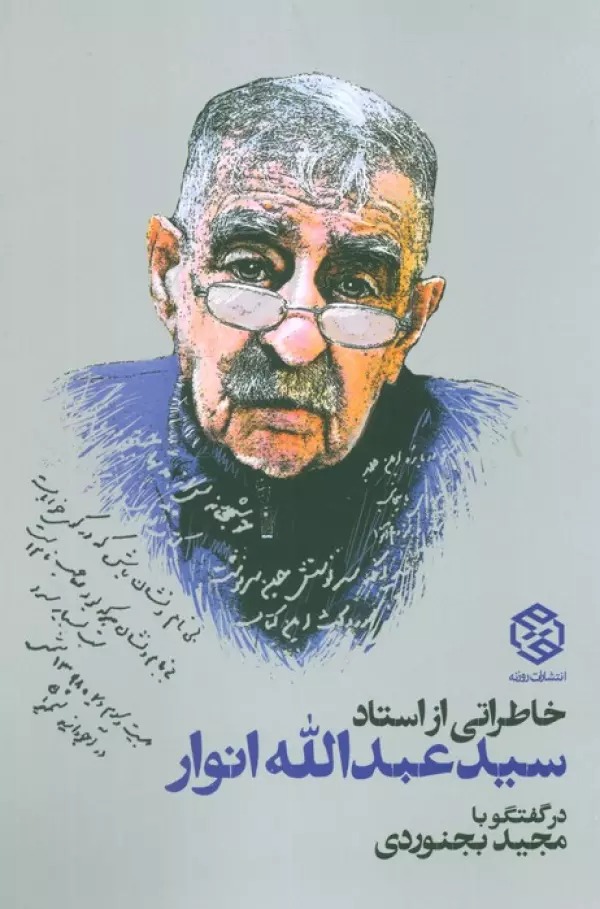Az Tawsi'ah tā Mardum'sālārī: Persiska (Farsi) 1404
از توسعه تا مردمسالاری
17,69 $
Dela
Wishlist
Originaltitel:
From Development to Democracy: The Transformations of Modern Asia
ISBN:
9786222345600
Översättare:
Raḥmán Qahrmānpūr
Förlag:
Rawzanih
Åldersgrupp:
Vuxen
Sidor:
400
Vikt:
365 g
Produktmått:
14 x 21 x 3
,
6 cm
Bokomslag:
Pocketbok
Why some of Asia’s authoritarian regimes have democratized as they have grown richer―and why others haven’t
Over the past century, Asia has been transformed by rapid economic growth, industrialization, and urbanization―a spectacular record of development that has turned one of the world’s poorest regions into one of its richest. Yet Asia’s record of democratization has been much more uneven, despite the global correlation between development and democracy. Why have some Asian countries become more democratic as they have grown richer, while others―most notably China―haven’t? In From Development to Democracy , Dan Slater and Joseph Wong offer a sweeping and original answer to this crucial question.
Slater and Wong demonstrate that Asia defies the conventional expectation that authoritarian regimes concede democratization only as a last resort, during times of weakness. Instead, Asian dictators have pursued democratic reforms as a proactive strategy to revitalize their power from a position of strength. Of central importance is whether authoritarians are confident of victory and stability. In Japan, South Korea, and Taiwan these factors fostered democracy through strength, while democratic experiments in Indonesia, Thailand, and Myanmar were less successful and more reversible. At the same time, resistance to democratic reforms has proven intractable in Singapore, Malaysia, Hong Kong, China, Vietnam, and Cambodia. Reconsidering China’s 1989 crackdown, Slater and Wong argue that it was the action of a regime too weak to concede, not too strong to fail, and they explain why China can allow democracy without inviting instability.
The result is a comprehensive regional history that offers important new insights about when and how democratic transitions happen―and what the future of Asia might be.
more
نویسندگان در این کتاب میخواهند نشان دهند که دموکراسی علیرغم مشکلات فراوان و فراز و فرودهای بیشمار میتواند به پدیدهای جهانشمول بدل شود. بااینوجود جهانشمولی آن به معنای تجربهی متفاوت کشورها نیست. ارتباط چارچوب نظری این کتاب با وضع فعلی ایران در این است که پذیرش دموکراسی توسط حاکمیت را گزینهای بهتر از گذار به دموکراسی از طریق سقوط میداند و این برای گروههای سیاسی نکتهای بحثبرانگیز است اما الستر و ونگ نشان میدهند چرا دموکراسیهایی که از خاکستر سقوط نظام سیاسی بر میخیزند تا سالهای مدیدی گرفتار بیثباتیاند. به زبان ساده میگویند توسعهی اقتصادی باعث تسهیل و درعینحال استحکام دموکراسیها میشود. کمااینکه کرهی جنوبی و اندونزی با وجود داشتن جامعه و سیاست چندپاره همچنان دموکراسیهای باثباتی دارند. اما نکتهی بسیار مهمی که این کتاب میگوید این است که حکومتها در پی مدرنیزاسیون و گسترش طبقهی متوسط شهری با شهروندان معترضی روبهرو میشوند که انتظارات بیشتری دارند. از این امر گریزی نیست و حکومتها باید برای مواجهه یا این وضعیت یا پارادوکس توکویل برنامه داشته باشند. تایوان و اندونزی و کرهی جنوبی در مواجهه با این وضعیت دموکراسی را پذیرفتند اما مالزی و هنگ کنگ و تایلند آن را نپذیرفتند و گرفتار اقتدارگرایی ناکام شدند. یکی از بهترین کتابهایی که در سالهای اخیر دربارهی داستان دگرگونی در آسیا نوشته شده همین کتاب است که توانسته بین توسعهی اقتصادی و دموکراسی پیوند نظری محکمیبرقرار کند و برخلاف تصور رایج در ایران که بر بنیانهای معرفتی مدرنیته در گذار به دموکراسی تاکید میکند این کتاب سهم اصلی در تسهیل گذار را به توسعهی اقتصادی میدهد و نشان میدهد که راز استحکام و دوام دموکراسیهای آسیایی در همین مسئله یعنی توسعهی اقتصادی نهفته است و نه تفکر و اندیشه و فهم مدرنیته و چیزهایی نظیر اینها.
more

